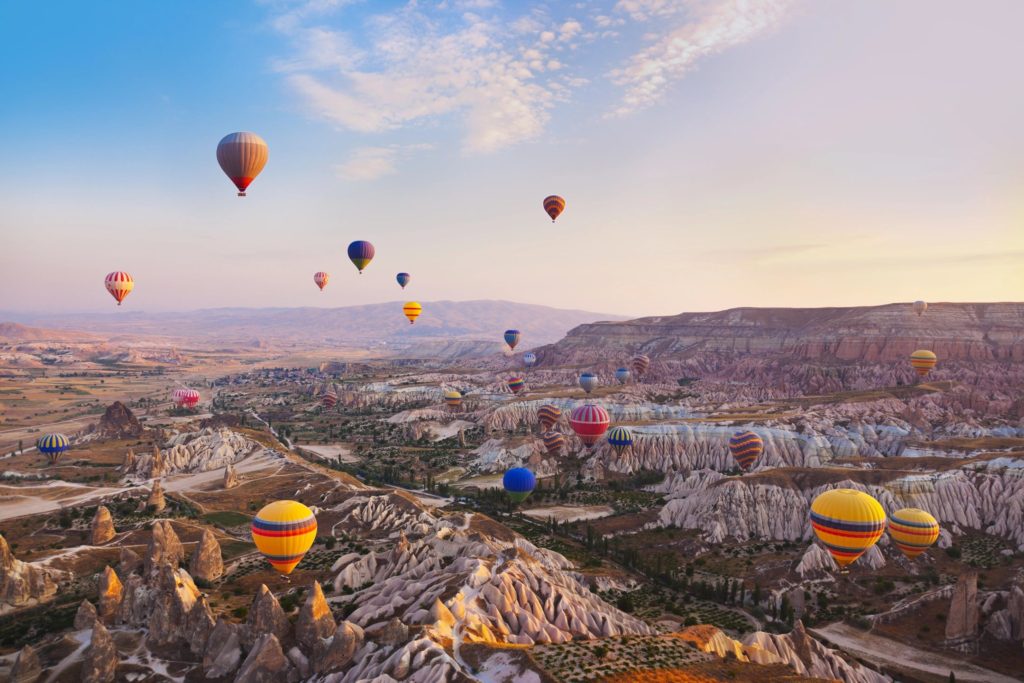
Think back five years. Now ten years. Now longer. What do you remember? My guess is we probably remember experiences. We remember events with family, with friends. We remember trips, holidays, get-a-ways. We probably don’t remember the mundane, “I can’t have have such-and-such” that we did in lieu . Chances are, if there’s a doubt, we should take the plunge and go for the experience. This will be a part of my “principles to live by” post. I’m elaborating on the principles I find important.
Another way to think about experiences are to equate them with “memories”. A memory is a snapshot forever preserved in our minds that we will always have to think about, to talk about. Years ago a wise friend told me to spend money on experiences, not on stuff. How right he was, from living a few more years to validate his claim on my own.
We become richer from experiencing life, from traveling, and spending time with others. It makes us rich in ways that no amount of money can. Traveling abroad solo makes us richer than money. It teaches us about cultures, places, people, and ourselves that money can’t buy.
Spending time with others adds to our lives from human connections. Humans mentally and physically do better when we spend time with each other. We live longer if we share more meaningful time connecting with other human beings. Diet and exercise help, but at the end of the day our families and social circles matter as much as anything science can achieve. Time spent experiencing the world together helps us from a health standpoint.
As for traveling? How often do people regret traveling? It’s not as expensive as what many make it out to be (it’s certainly not cheap, but if you’re waiting for later in life to travel, you may never because tomorrow never comes; if you decide to travel, you will find a way to make it happen). The experiences are priceless. Spend five minute researching “travel hacks” to learn more (stay away from stupid clickbait links, as they’re generally poor in content and rather bait via catchy article titles).
We learn more about ourselves from experiencing the world. We learn the good, the bad, the ugly, and what makes us who we are. It grows us as individuals because we learn more about ourselves that we couldn’t by living the same, 9-5 until we retire. It moves us out of our comfort zones. We don’t grow as humans staying in the same area. By moving into discomfort zones, we develop.
“I wish I had done that!” Why didn’t you? Do you apply the same logic moving forward? If so, think about what values, rules, and principles you have and decide what’s important to your life. Do what makes you happy, and for me that is a lifetime of exploration, learning, and experiencing.
